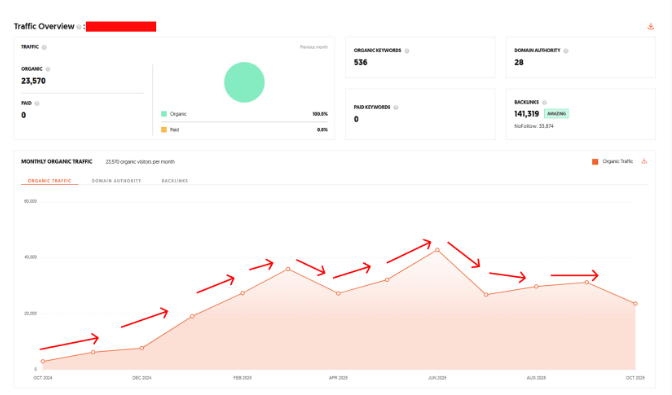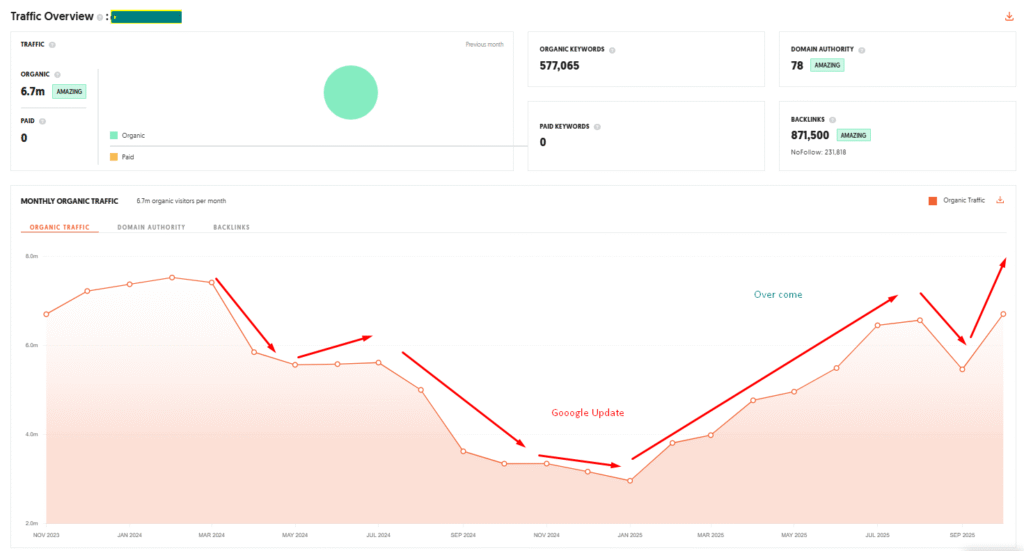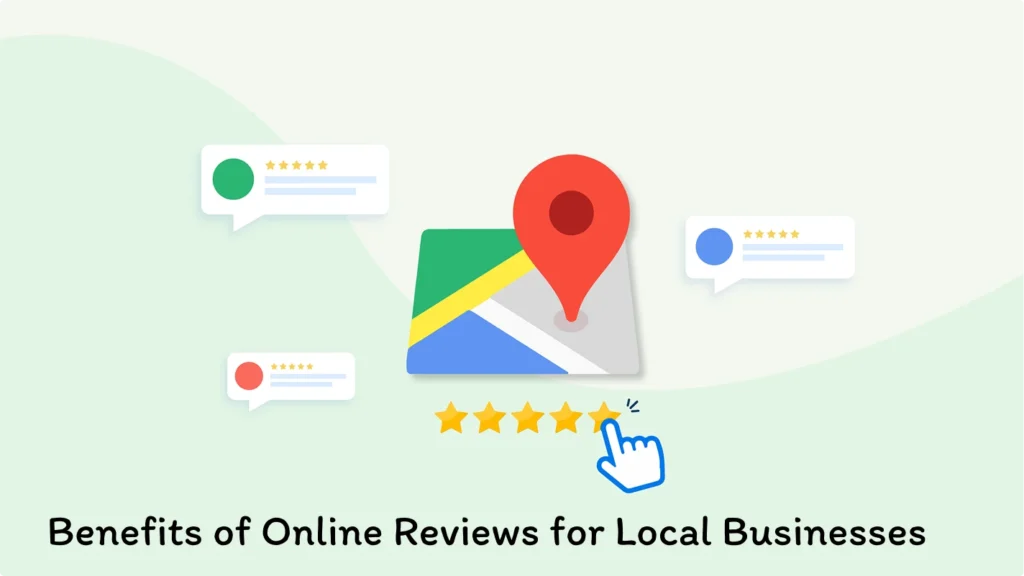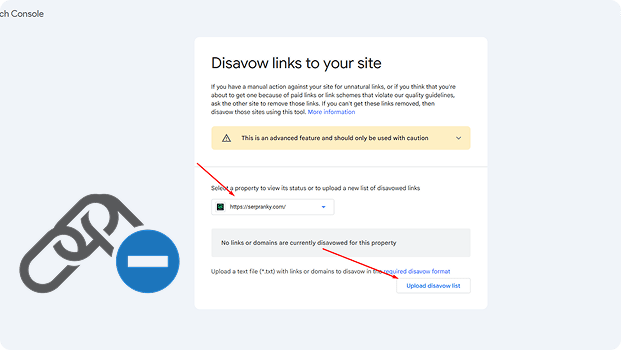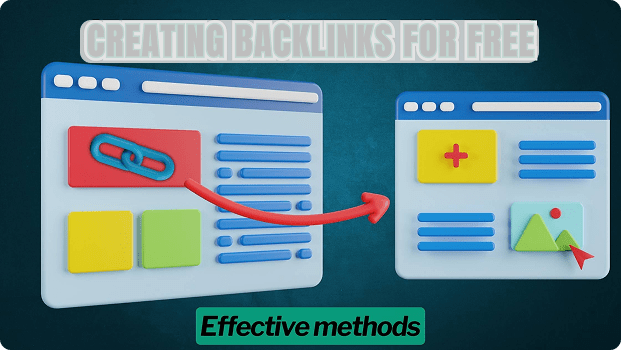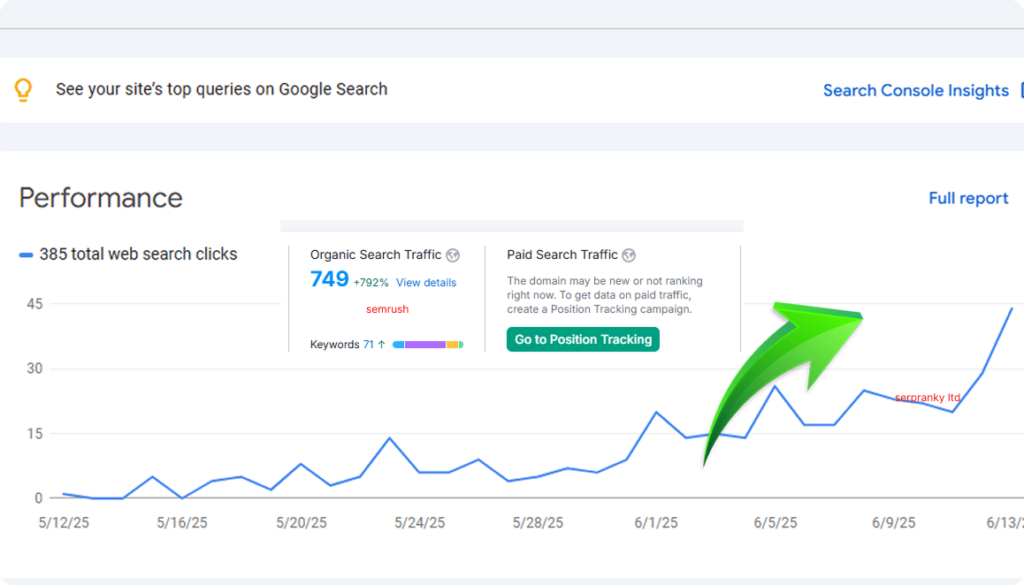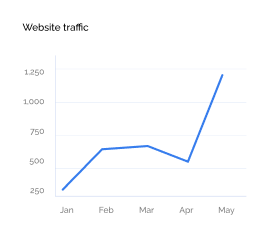90-Day SEO Transformation Using Niche Edits & Authority Backlinks
When the client first contacted us, their website had almost no authority, no keyword visibility, and very few trust signals in Google. The domain showed DA 2, PA 5, and almost no organic traffic. Competing in their niche was nearly impossible without building a strong authority foundation. Our Goal Was Clear: Build domain authority Improve keyword visibility Increase referring domains Create long-term, Google-safe ranking growth through high-quality Niche Edit & Outreach Backlinks Below is the full transformation breakdown. Initial Website Condition (Before) Our first audit revealed several critical issues: DA: 2 | PA: 5 No quality backlinks Zero organic visibility Minimal pages indexed Weak trust flow & no branded searches Very low IP authority rating In short: Google did not consider this website a trusted entity. Initial audit screenshot summary:The domain had almost no authority, weak signals, and no ranking presence. After Our Link-Building Strategy Implementation We executed a targeted, safe, and niche-relevant link-building strategy that included: High-quality Niche Edit backlinks Editorial links from real sites Diversified anchor text mapping Manual outreach placements Weekly monitoring & indexing support Results After the Campaign: DA increased from 2 → 28 PA improved from 5 → 51 SS & MR metrics increased More pages indexed in Google Big improvement in IP trust signals The “After” screenshot clearly shows strong authority growth and better search engine trust. Ubersuggest Backlinks Overview (Now) Backlinks: 28 (from strong, relevant domains) Referring domains: 1,999 Backlink score: 141,319 New safe backlinks added consistently The graph shows an upward trend, meaning the links are: Indexed Valued by Google Positively impacting domain trust Organic Traffic Growth – Ubersuggest Overview The traffic graph shows: Recovery from a low-traffic period Consistent upward growth Higher search visibility Month-over-month improvements This growth came directly from improved authority and keyword rankings. SEMrush Domain Overview SEMrush confirms the growth with strong data signals: Authority Score: 37 Organic Traffic: 34k Backlinks: 607k Increasing keyword indexation across multiple regions Growth visible in the US, Canada, and Europe Keyword distribution and branded search signals now show a trusted domain presence. Keyword Ranking Improvements Before our work, the site ranked for zero important keywords.After building authority: Multiple keywords now ranking Phrases moving from Top 100 → Top 50 → Top 20 Search impressions increasing weekly This proves that authority and clean link signals directly boost ranking performance. Conclusion This case study demonstrates how a website with zero authority can be transformed into a high-authority, competitive domain through: Strategic Niche Edit Backlinks High-authority Outreach Links Controlled link velocity Anchor text optimization Continuous monitoring & indexing Results in Just 90 Days: DA improved from 2 → 28 PA improved from 5 → 51 Stronger backlink profile Higher search visibility Continuous organic traffic growth Quality backlinks + a well-planned SEO strategy = long-term ranking success. If you’re struggling with low authority, no rankings, or slow organic growth — our Niche Edit & Authority Link-Building system can transform your website exactly the same way. We don’t sell random links.We build real authority that drives real results: ✔ Safe, niche-relevant backlinks✔ Manual outreach placements✔ Strong anchor text strategy✔ Faster indexation & keyword movement✔ Long-term ranking stability Your website can be the next success story. 👉 Message us today to get a custom link-building plan for your website.
